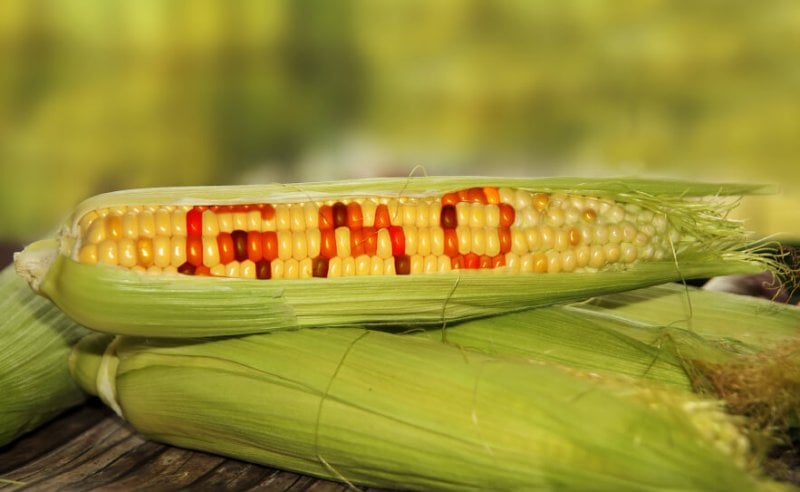“Any farm is completely artificial. Even with organic farms, you strip away all the native vegetation,” says Pamela Ronald, a prominent plant geneticist and distinguished professor at the University of California. “Organic farmers also have to use pesticides. Some of those can be especially harmful, even if they’re dug up from the earth.”
Farmer Terry Daynard grows genetically-engineered corn and soybeans in the Guelph, Ontario-area. He believes that the hype built around “non-GMO” foods …. has some people picturing the idealistic farms of yesteryear which simply don’t exist anymore.
“[People] envision that all of their food should come from a farm like their grandfather,” Daynard said. “They don’t connect the fact that if you were to grow food that [old] way, you couldn’t grow enough and it would be incredibly expensive.”
…
With farm numbers in steady decline since 1941, remaining farms are now bigger and run by fewer workers. Ronald agrees that Canadians and Americans are too far removed from agriculture and find it hard to imagine the challenges farmers face. “Most of us aren’t farmers…It’s so far out that people can’t really understand how important genetic improvement is ….
Read full, original article: What’s so scary about GMO?































